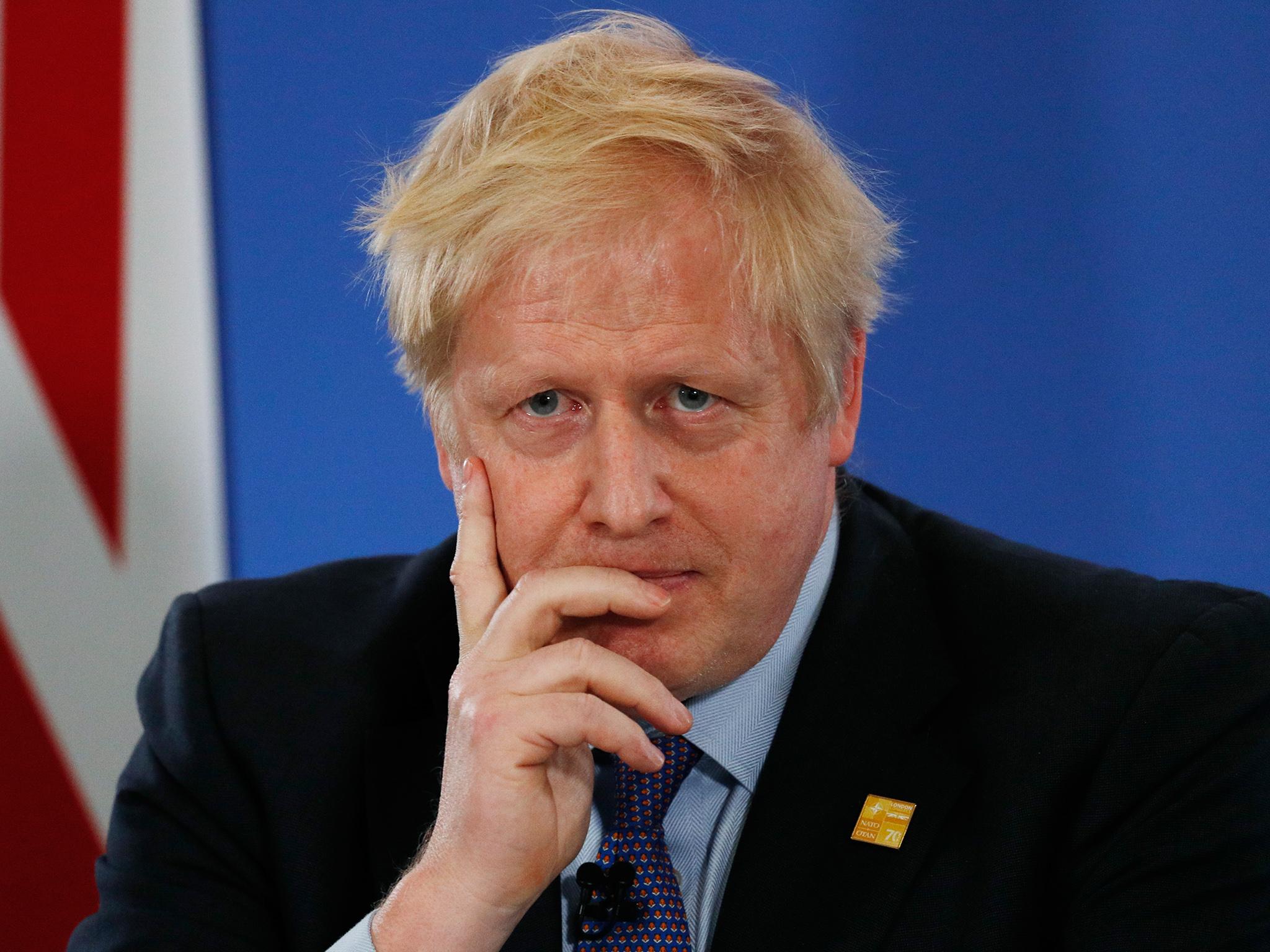Who are the political winners and losers from coronavirus?
Keeping their jobs after all this will be a win for some, writes Sean O'Grady


The glib answer to the glib question “who are the winners and losers from coronavirus” is that “we are all losers”. It seems distasteful to even contemplate entertaining such a comparison of political fortunes when about 50,000 people in Britain have died, directly or indirectly, from the pandemic, with many more left with continuing health problems and more families and friends still dealing with bereavement. However you interpret the numbers, it is one of the highest counts in the world.
Yet the pandemic is, whether we wish it so or not, a deeply political event, and in recent days a deeply divisive one. It will change the political course of the country.
Until the last week or so the prime minister had enjoyed a remarkable degree of public support. His own serious illness with Covid-19 rightly evoked widespread sympathy for him and for his pregnant partner Carrie Symonds (who was also ill, though not hospitalised). Like other world leaders, he was the beneficiary of an early “rallying round” effect.
Since the Cummings controversy he has seen his own ratings and those of his party plunge, though even now the Conservatives are six points ahead of Labour. On the whole, though, in purely political terms, Johnson emerges from the crisis a diminished, less popular figure. That particular honeymoon is over.
Nor have his cabinet colleagues fared much better. Matt Hancock, the health secretary, has impersonated a punch bag for most of the past few weeks, his mistakes and failures representing a formidable self-inflicted battery in themselves. His occasional attempts at Churchillian gravitas are wincingly embarrassing, given that they are attempted by someone who “looks like your sister’s first boyfriend with a car” as Charlie Brooker memorably quipped. Hancock’s been shown up by everyone from Kay Burley and Labour’s Rosena Allin-Khan to Piers Morgan, but he still comes back for more.
Alok Sharma, the business secretary, looks like was put on Earth to make the rest of the cabinet look good. The very epitome of a sharp-suited, posh-accented smoothie bluffer, Sharma has been dubbed “peak LinkedIn” for his love of platitudinous corporate verbiage. Gavin Williamson, the education secretary, has the kind of voice that makes him sound like a nursery teacher trying to “take back control” of the Play-Doh table in a vain attempt to enforce social distancing.
Robert “Generic” Jenrick, the communities secretary, was caught out making a long journey to help his parents, but survived, as has Michael Gove who sounds more and more like the very caricature of the evasive cliche-ridden politician he may or may not be, some people say, though I think we can all agree to keep that under constant review, and be guided, as always, by the science as we ramp up support for frontline heroes fighting an enemy that does not discriminate. Next slide, please.
Priti Patel? She can’t read out big numbers and she’s sorry you feel that way. Rishi Sunak, the chancellor, is the undisputed sole winner in the cabinet, sounding human and authentic. Or maybe he’s got the gift that the late Bob Monkhouse had: “The public love sincerity – if you can fake that you’ve got it made.” Either way he’s spent about a trillion quid on “putting an arm around” his career.
The others with net pluses from the crisis are all opposition politicians. Nicola Sturgeon, for example, struck a marked contrast of cool control to the chaos in London. Over in Stormont, Arlene Foster, staunch unionist, and Michelle O’Neill, Irish republican, managed to work together in remarkable harmony. After all, no one has yet found out whether this sub-microscopic organism is a Protestant coronavirus or a Catholic coronavirus.
It seems unfair to pass much judgements on the hapless officials and journalists caught up in the twitter storms and media rows, save to note that they are the only ones to see any reprimands or resignations – Catherine Calderwood, the chief medical officer of Scotland, and Neil Ferguson, of Sage, had to step back in the way Dominic Cummings did not, while Emily Maitlis was told off by the BBC, and the BBC was told off by the culture secretary, Oliver Dowden. Mary Wakefield, wife of Mr Cummings, wrote a coronavirus lockdown diary for The Spectator in which the words “Durham” and “Castle Barnard” never appear.
She is still commissioning editor of the magazine. Her article has been referred to the press regulator. Whether “The Two Gentlemen of Corona”, Patrick Vallance, the chief scientific adviser and Chris Whitty, the chief medical officer, have seen their reputations enhanced by being yoked to Mr Johnson seems doubtful.
Which leaves us with Keir Starmer, as the most obvious “winner”. The arrival of the new Labour leader on 4 April went virtually unnoticed. There could be no mass rally to welcome him, while the nation was understandably distracted by the rising death toll. It was thought he would struggle to get noticed, just as Lib Dem leader Ed Davey has.
And yet Starmer’s quiet persistence and caution has seen him better Johnson at Prime Minister’s Questions, force a U-turn over charging NHS staff to use the service, and cleverly leave the Tory backbenchers to get on with trying to get rid of Mr Cummings. But, at the end of a tumultuous week, Mr Cummings is still in place, against all the odds, and the biggest winner of all. After his own high-profile brush with Covid-19 he has perhaps acquired some clinical immunity; he has certainly seemed immune from political attack.
Join our commenting forum
Join thought-provoking conversations, follow other Independent readers and see their replies
Comments